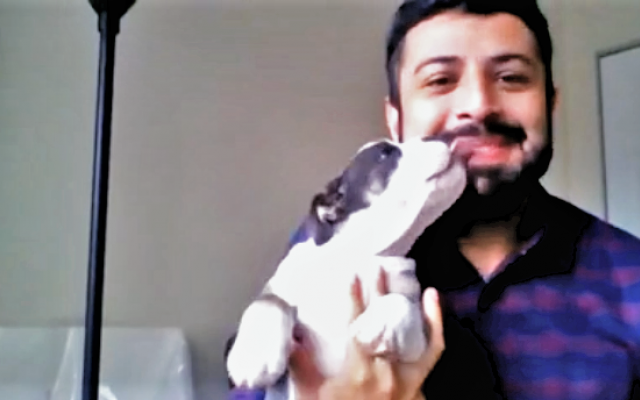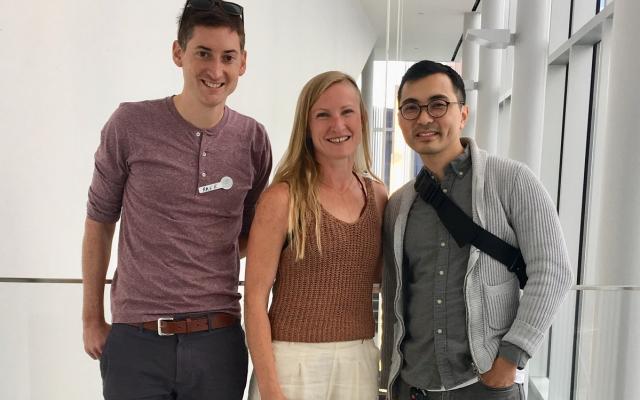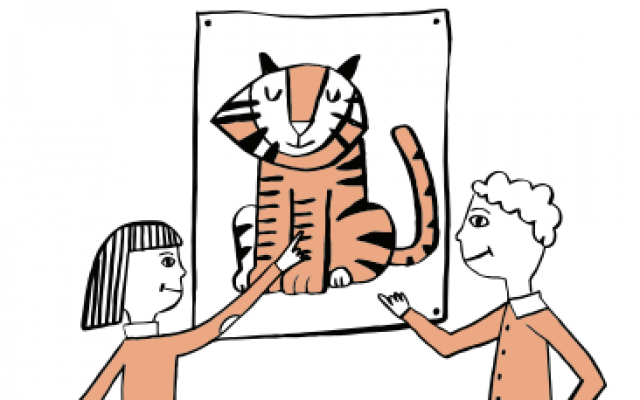Mecquel is a kinesthetic practitioner and lecturer with formal training in behavioral psychology who has been investigating the intersections of social and emotional awareness, entrepreneurship, movement and performance since 2002. She teaches applications of mindfulness which includes cultivating creativity, empathy and problem solving for Design Thinking, Tiger Challenge, and Venture Capital and Finance of Innovation. In addition, she instructs students individually in the development of entrepreneurial mindsets, such as increased awareness of self and others, cultivating intuition, developing personal viewpoints and perspectives. She also leads teams in more effective communication, social intelligence, presentation skills, relationship building and collaboration within various entrepreneurship courses at the Keller Center at Princeton University. Mecquel is regularly invited to lead workshops and lectures focused on communication, the mindsets of collaboration and creativity, as well as social dynamics and interaction at institutions such as the University of Pennsylvania, Robert Wood Johnson Foundation, and The Lawrenceville School. Rooted in traditional yoga, meditation, and psychology, influenced by the study of modern and improvisational dance, anatomy, and somatic techniques, Mecquel bridges kinesthetic experience with philosophical understanding and practical application for a dynamic integration and repatterning of body, mind and relationships. In addition to her work at Keller Center, she also teaches Mindfulness for Dancers at Lewis Center for the Arts, at Princeton University.
What are your responsibilities at the Keller Center?
Existing scientific evidence supports that students and entrepreneurs are more effective in fulfilling the responsibilities and expectations of their respective roles once equipped with the art and skills of emotional intelligence and mindfulness. Through academic courses, I work in coordination with the faculty to directly instruct students to develop personal, communication and relationship skills necessary in entrepreneurship. These experiential learnings which are taught through individual/team instruction in various scenarios and settings sharpens the students ability to communicate more effectively and build stronger relationships with their team members, clients, partners and investors - which is fundamental to the success of any entrepreneurial venture.
What attracted you to the Keller Center?
I began to work with the Keller Center through an Engineering initiative in 2006. I was surprised to discover that the mindsets of entrepreneurship are fueled by awareness of self, other, and our environment which has been the focus of my investigations and teaching throughout my career. It is exciting to be a part of innovation disciplines that are forming and impacting our future.
How have you benefited from your involvement with the Keller Center?
Through the Keller Center, I have benefited from collaborative relationships with faculty and staff in the design of curricula that promotes personal and interpersonal development within innovation. I also have the joy of working directly with students in the shaping of skills that will make them successful leaders in entrepreneurship and in life.


